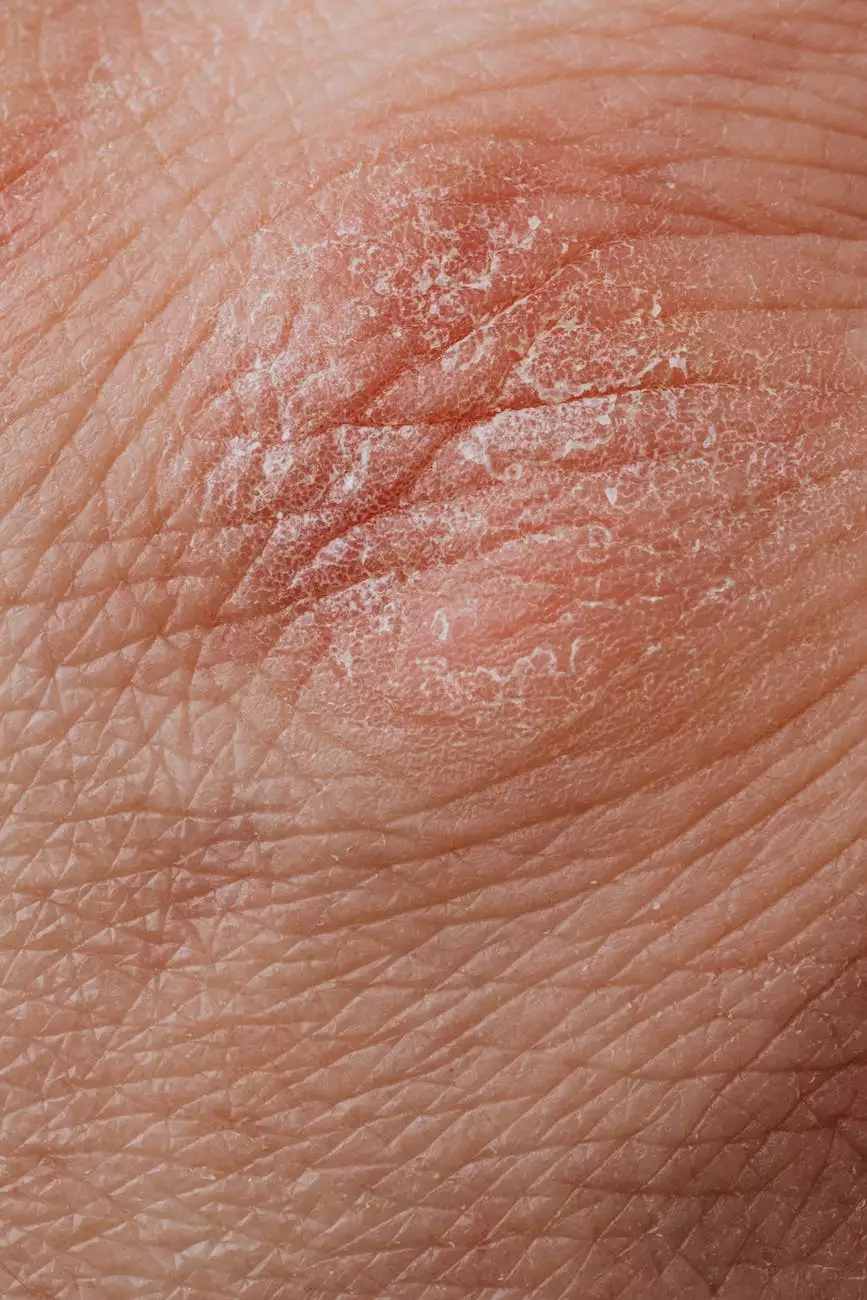Skin Disease and the Older Dog

Introduction
Welcome to HGRBS, your trusted resource for home and garden solutions! In this article, we will delve into the topic of skin disease in older dogs. As our furry companions age, they often face various health challenges, including skin-related issues. Understanding the common skin problems in older dogs and learning how to prevent and treat them is crucial for maintaining their overall well-being.
Common Skin Diseases in Older Dogs
Aging dogs are prone to several skin diseases that can cause discomfort and affect their quality of life. Let's explore some of the most common skin conditions in older dogs:
1. Canine Atopic Dermatitis
Canine Atopic Dermatitis, also known as environmental allergies, is a common skin condition in older dogs. It is caused by an immune reaction to various allergens, such as pollen, dust mites, or certain foods. Dogs with atopic dermatitis may experience itching, redness, and recurrent skin infections. Regular grooming, dietary changes, and medication can help manage this condition.
2. Seborrhea
Seborrhea refers to a group of skin disorders characterized by abnormal sebum production. Older dogs may develop either oily (seborrhea oleosa) or dry, flaky (seborrhea sicca) skin. This condition can cause itchiness, skin odor, and secondary bacterial infections. Treatment often involves medicated shampoos, dietary adjustments, and, in severe cases, medication prescribed by a veterinarian.
3. Hot Spots
Hot spots, medically known as acute moist dermatitis, are inflamed, irritated, and infected areas of the skin. They usually occur due to excessive licking, scratching, or chewing by the dog. Older dogs are more susceptible to hot spots due to weakened immune systems or underlying health issues. Treatment involves identifying the underlying cause, topical medications, and keeping the affected area clean and dry.
4. Fungal Infections
Older dogs may develop fungal infections, such as ringworm, which can lead to circular patches of hair loss and skin redness. These infections are contagious to other pets and humans. Timely diagnosis and appropriate antifungal treatment are necessary to prevent the spread of infection. Keeping your dog's environment clean and minimizing contact with infected individuals can help prevent fungal infections.
5. Skin Tumors
Skin tumors, both benign and malignant, become more common as dogs age. Regular skin checks and early detection are crucial for effective treatment. If you notice any lumps, growths, or changes in your dog's skin, consult a veterinarian for evaluation and necessary diagnostic tests.
Preventing Skin Disease in Older Dogs
Taking preventive measures is key to maintaining your older dog's skin health. Here are some tips to prevent skin diseases:
1. Regular Grooming
Regularly grooming your dog promotes healthy skin and coat. Brushing helps remove dirt, dead skin cells, and loose fur, preventing matting and potential skin infections. Additionally, grooming sessions provide an opportunity to inspect your dog's skin for any abnormalities or changes.
2. Balanced Diet
Providing your older dog with a nutritionally balanced diet is crucial for their overall health, including their skin. Consult your veterinarian to ensure that your dog's diet meets their specific needs. Omega-3 fatty acids, found in fish oils, can also help maintain healthy skin and reduce inflammation.
3. Environmental Allergen Management
If your dog has allergies, minimizing exposure to environmental allergens can help prevent atopic dermatitis flare-ups. Regularly clean your home, especially areas where allergens accumulate, such as carpets and bedding. Consult with a veterinarian for allergy testing and appropriate treatment options.
4. Flea and Tick Prevention
Fleas and ticks not only cause discomfort but can also transmit diseases to older dogs. Regularly using preventive products, such as collars, topical treatments, or oral medications, can help protect your dog from these parasites and the potential skin issues they may cause.
5. Regular Veterinary Check-ups
Scheduling regular veterinary check-ups is essential for the early detection and prevention of skin diseases in older dogs. Veterinarians can conduct thorough examinations, provide necessary vaccinations, and offer guidance on maintaining your dog's skin health.
Treating Skin Disease in Older Dogs
Proper treatment is essential for managing skin diseases in older dogs. It's important to consult with a veterinarian to determine the most suitable treatment options for your furry friend's specific condition. Treatment approaches may include:
1. Medications
Medications, such as topical creams, shampoos, or oral medications, may be prescribed to manage various skin conditions. These medications can help alleviate symptoms, reduce inflammation, control infections, and improve your dog's overall comfort.
2. Therapeutic Shampoos
Therapeutic shampoos formulated for specific skin conditions can provide relief and help maintain a healthy, clean coat. Your veterinarian can recommend appropriate shampoos and guide you on their proper usage.
3. Allergen Immunotherapy
In cases of severe allergies, allergen immunotherapy, often known as allergy shots, can be recommended. These shots gradually desensitize your dog's immune system to specific allergens, reducing allergic reactions and minimizing the need for long-term medication.
4. Surgery
In some cases, surgical intervention may be necessary. This is particularly true in cases of skin tumors or abscesses that require removal for proper healing and prevention of further complications.
5. Supportive Care
Supportive care, such as maintaining a clean environment, gentle cleaning of affected areas, and administering any prescribed treatments as directed, can greatly aid in the healing and management of skin diseases in older dogs.
Conclusion
Skin disease in older dogs can significantly impact their quality of life, but with proper prevention and treatment, you can ensure their comfort and well-being. By following the preventive measures outlined in this article and seeking guidance from your veterinarian, you can help your furry companion maintain healthy skin as they age. Remember, early detection and timely intervention are key to addressing any skin issues your older dog may face. Trust HGRBS for all your home and garden solutions, delivering valuable insights to enhance the life of your beloved pets!




